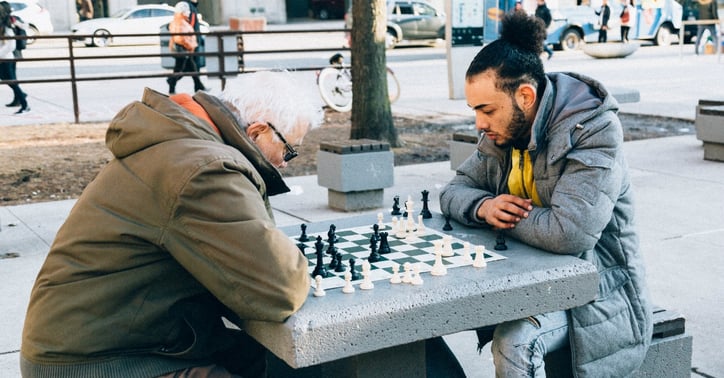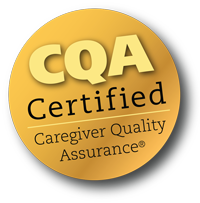
It’s not easy to give up your sense of independence. If someone you love is no longer able to care for themselves, it can present challenges in every facet of their life. It can be clear that they might need daily medical assistance or help cooking, cleaning and grooming. What’s less obvious is what they could be going through emotionally.
Not being able to care for yourself, whether though age, illness or injury, is a massive life change. Anyone going through it might struggle with their sense of self-worth and self-esteem, and being house-ridden means they have less opportunities for socialization.
Home care offers support for daily activities and medical needs, but it can also provide that critical emotional care. Here’s how:
A Listening Ear
Listening is one of the most precious gifts anyone can give another human being. For someone who requires home caregiving, they may not get the opportunity to have a casual conversation very often. So much of their daily interactions might involve prescriptions and doctors visits, or quick interactions with family members when they have the chance to come by.
Additionally, social isolation is dangerous. Some studies have found it to be as toxic as smoking. Having close relationships and someone to talk can protect the mind and body from those harmful effects.
It’s challenging taking care of a loved one who has significant needs, and that can make it tough to remember the power of a listening ear. Caregivers, especially when they spend a significant amount of time with a patient, can provide that.
A Sense of Self
A care plan for your loved one could include whatever tasks they need help with, along with medicines they need to take and doctor visits. But it should also include things like playing their favorite games, reading to them or helping them pick up a new hobby.
A sense of self can be lost among physical and emotional constraints. Don’t underestimate the power of fun in healing, both emotionally and physically. As Dr. Stuart Brown said in this TED talk from 2008, play fires up the brain. It illuminates it for everyone, not just children. There are cognitive benefits to playing, too. Check out how playing bridge can prevent or reduce cognitive decline in the elderly.
The opportunity to do something enjoyable or challenging has a whole host of health benefits, and it should be considered an important part of caregiving.
The Comfort of Home
A caregiver gives your loved one the to opportunity to enjoy the comforts of home with the safety of additional support. It allows them to remain somewhere familiar, surrounded by family photos, favorite books and cherished pets.
It can also help them maintain that critical sense of independence. It is a familiar environment to them, so they can still help out with simple tasks.
The best home care provides a balance between the old and new, the novel and the familiar. It helps your loved one adjust to a new situation while enjoying the peace of their home. It keeps them in a routine while introducing new faces, stories and activities to keep them active and engaged. Most importantly, it gives them the emotional support they need when facing a brand new way of life, without losing their sense of self.




















